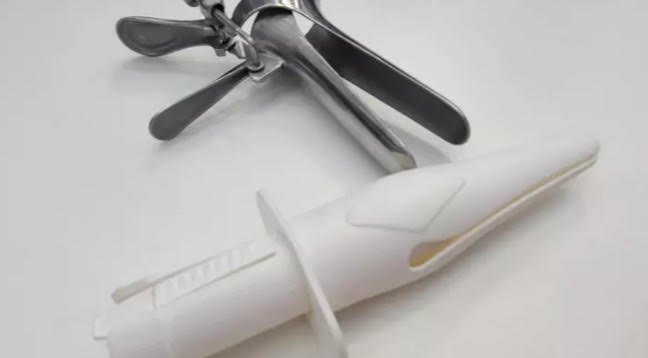A team of engineers at Delft University in the Netherlands is seeking to transform gynaecological care by redesigning the vaginal speculum – a device long dreaded by many women for its discomfort and intimidating appearance.
Motivated by the instrument’s traumatic history and painful use, a PhD candidate in medical industrial design, Tamara Hoveling, teamed up with Spanish researcher Ariadna Izcara Gual to develop a new prototype called the Lilium, named after the lily flower.
In a statement issued on Monday, Hoveling said, “I have a lot of experience with the vaginal speculum, unfortunately. I’ve never regarded it as a pleasant experience, and I’ve always wondered why it looks the way it does.” She was particularly appalled to discover that the current design dates back nearly 180 years, having been created by American doctor James Marion Sims, who, she noted, “tested it on enslaved women without their consent”.
Unlike traditional metal speculums, the Lilium resembles a tampon with an applicator and is made of soft plastic to enhance patient comfort. Its three-sided opening gently holds the vaginal walls apart, allowing doctors clear visibility while significantly reducing pain and anxiety for patients.
“When you get scared, your muscles clamp together, and that makes it even harder to relax,” Hoveling explained. “Then the speculum is opened, pushing against these tense muscles and making it even more painful.”
Although still in its early stages – requiring ergonomic testing, safety certification, and regulatory approval – the project has garnered significant public interest. A crowdfunding campaign to support its next phase raised €100,000 (£84,000) within two days.
“It’s proof there are people who really want change,” Hoveling said, adding that fear of the speculum deters many women from attending crucial gynaecological check-ups – a reality that could prove deadly if cervical cancer screenings are missed.


